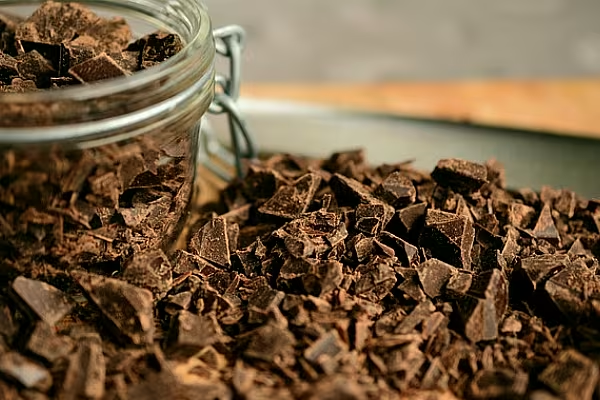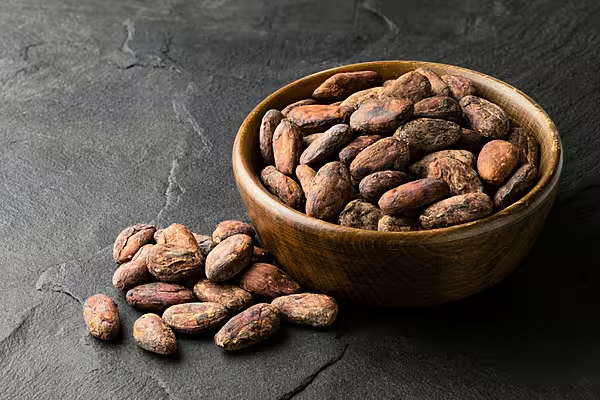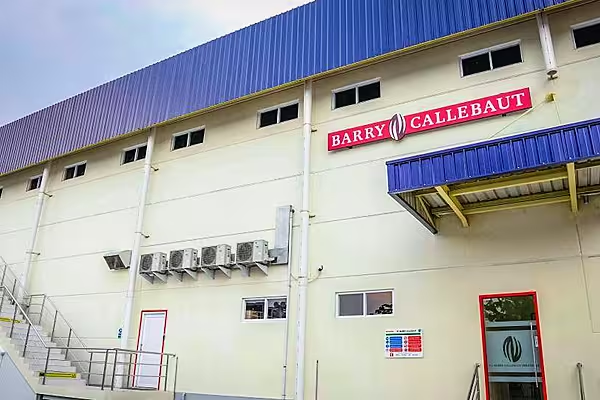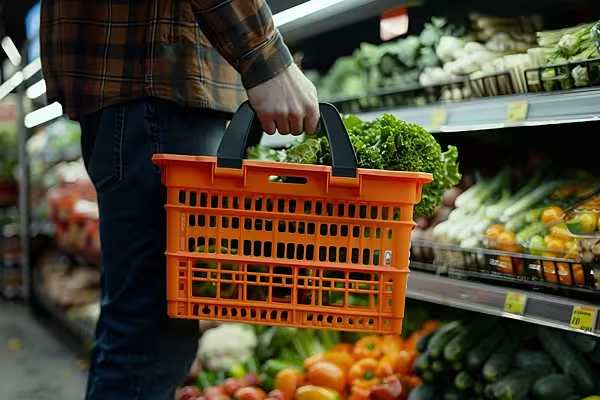Dockers in Ivory Coast's two main ports of Abidjan and San Pedro have suspended a week-long strike while negotiations are held with the government, a union spokesperson said on Monday.
Workers demanding better working conditions and pay blocked access to the ports on Friday (17 December), a move that threatened to curb cocoa bean exports from the world's top producer.
But activity at the port had returned to normal after the government said it was willing to negotiate, Pierre Guigrehi of the main dockers' union, FNADCI, told Reuters.
A Chance To Succeed
"We have resumed work," Guigrehi said. "We want to give the negotiations a chance to succeed so we have suspended the strike for the moment."
One of the dockers' demands was for the government to respect a 2019 agreement to pay them €3 ($3.40) per hour, in line with international standards.
They currently earn up to €1 per hour.
Around 500,000-600,000 tonnes of cocoa beans are expected to be exported by mid-January and a delay in shipments could have had damaging consequences for exporters and their customers, the head of a European cocoa exporting firm warned last week.
Crop Quality And Size
Elsewhere, farmers said light rains and mild seasonal winds in most of Ivory Coast’s cocoa growing regions last week should boost the quality and size of the October-to-March main crop.
Ivory Coast is in its dry season from mid-November to March, when downpours are poor or scarce.
Most farmers said current moisture levels would help cocoa trees to produce more large beans in January and February.
Rains were above average in the southern regions of Agboville and Divo and in the eastern region of Abengourou. Farmers there said this would help the many small pods to survive the dry season.
"If the weather is good until the end of January, we'll have enough high-quality cocoa," said Antoine Kouassi, who farms near Agboville, where 10.6 millimetres (mm) fell last week, 2.8 mm above the five-year average.
Farmers Optimistic
In the western region of Soubre, at the heart of the cocoa belt, rains were below average but farmers said they remained optimistic.
Rains were also below average in the centre-west region of Daloa, the central region of Bongouanou and the central region of Yamoussoukro, where no rain fell two weeks ago. But farmers said growing conditions were favourable.
"Humidity was good and the Harmattan is mild," said Alphonse Ettien, who farms near Daloa, where 2.7 mm fell last week, 0.7 mm below the average.
The seasonal Harmattan wind sweeps down from the Sahara for a variable period between December and March. It often causes a sharp drop in humidity.
Farmers said their weather focus was switching and from next month they will start monitoring development of the April-to-September mid-crop.
The weekly average temperature ranged from 27.6 to 29.9 degrees Celsius.
News by Reuters, edited by ESM. For more Supply Chain news, click here. Click subscribe to sign up to ESM: European Supermarket Magazine.














